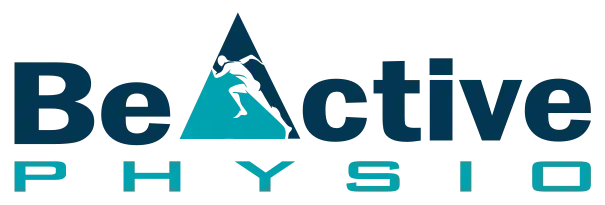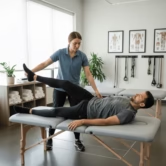Looking to Improve Your Physical Health? PT Has You Covered!
Physiotherapy Can Help Improve Your Health and Wellness! Physiotherapy improves the physical health of people who have injuries, illnesses, and medical conditions. An individualized physiotherapy program is a conservative approach to managing these types of problems. But it doesn’t do just that – it also improves overall health and wellbeing!…




